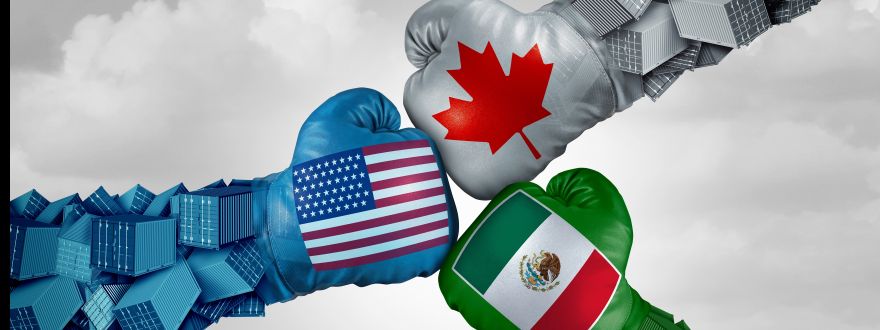
Recent discussions around tariffs on imported goods, particularly those affecting the auto industry, could have significant downstream effects on your auto insurance coverage. Auto manufacturers, parts suppliers, and even dealerships are bracing for higher costs due to increased duties on imported components and vehicles. While the immediate focus might be on the rising cost of cars, few people realize how this economic shift could also raise your auto insurance premiums.
Let’s break down how tariffs might impact key auto insurance coverages:
-
Property Damage Liability:
With vehicle repair costs projected to rise due to more expensive parts, claims for property damage could become more expensive. If your vehicle or another party’s vehicle is damaged, insurers may face higher repair payouts, potentially influencing liability premiums. -
Comprehensive and Collision Coverage:
Collision claims (damage from accidents) and comprehensive claims (theft, vandalism, or damage from events like natural disasters) will likely be affected. Tariff-driven increases in the price of parts—ranging from windshields to electronics—mean higher claims expenses, which could eventually drive up the premiums for these coverages. -
Rental Reimbursement Coverage:
Longer repair times might also result in increased claims under rental reimbursement coverage. If replacement parts become more difficult to obtain or repairs take longer, insurers may have to pay more for rental vehicles provided to clients. -
Vehicle Total Loss Settlements:
The rising cost of new and used vehicles due to tariffs will also affect how insurers calculate settlements when a car is deemed a total loss. As cars become more expensive to replace, payouts will increase, further pressuring rates.
However, it's important to remember that insurance rate changes don’t happen overnight. In most states, including here in Florida, insurers must get approval from state regulators before they can adjust rates. This means that while rising vehicle costs may eventually influence your premiums, any adjustments will likely lag behind market conditions.
What Can You Do?
Now is the perfect time to review your auto insurance policy with your agent. Discuss coverage options that best fit your needs and explore potential ways to save. For instance, maintaining good driving habits or bundling multiple policies may offer discounts to help offset future increases.
While the future of tariffs remains uncertain, staying informed and proactive with your insurance coverage can help you be better prepared for any potential changes. As always, your independent insurance agent is here to guide you through these evolving conditions.







